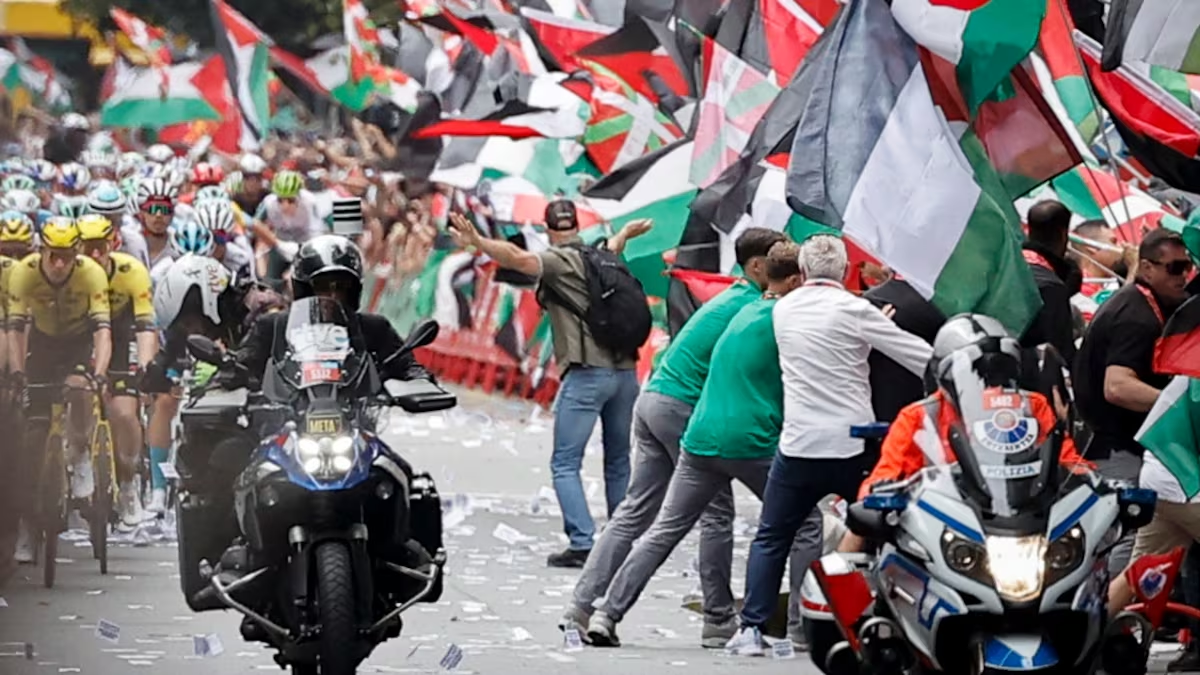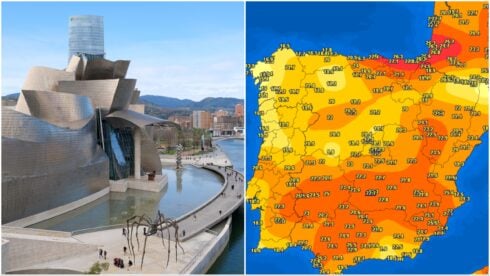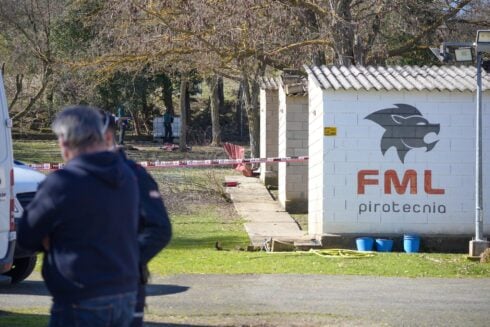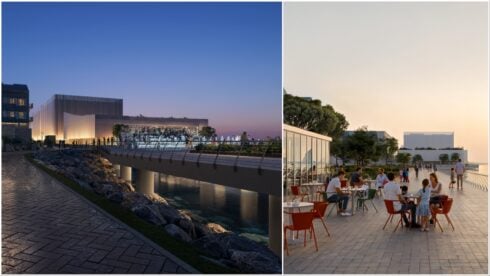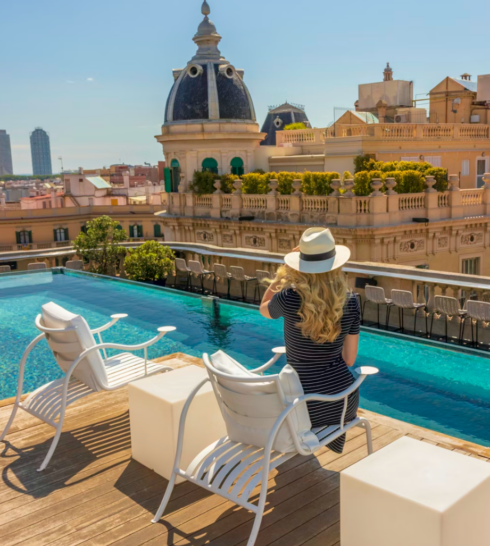THE Vuelta a España 2025 has become one of the most turbulent editions of the race in recent memory, as pro-Palestinian protests continue to target the participation of the Israel-Premier Tech team.
The tension came to a peak on Wednesday 3rd September, when Stage 11 in Bilbao had to end three kilometres before the finish line.
Hundreds of demonstrators blocked the road, threw leaflets, and waved Palestinian flags in the faces of riders.
The organisers stopped the clock early, cancelling the sprint to the line and leaving the stage without a winner or podium.
Police reported three arrests, several injuries among officers, and multiple protesters detained or identified.
The incident was the most serious in a string of demonstrations that have followed the race since it entered Spain, with earlier stages in Girona, Andorra, and Navarra also disrupted by protests against the Israeli squad.
Israel-Premier Tech is accused by activists of “sportswashing,” using its place in the peloton to boost Israel’s image abroad at a time when Gaza faces war and humanitarian crisis.
For race director Kiko Garcia, the events in Bilbao made it clear that the team’s presence endangers the wider peloton.
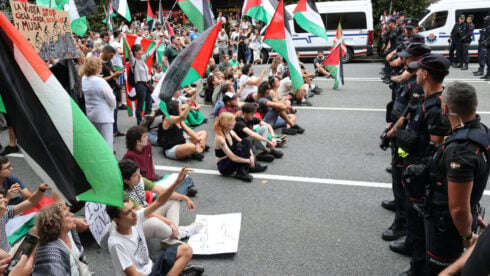
Since then, he has openly suggested that Israel-Premier Tech should withdraw for safety reasons.
The International Cycling Union (UCI), however, has underlined the importance of neutrality in sport and insists the organisers cannot remove the team themselves.
In response, Israel-Premier Tech has said it will not pull out of the Vuelta, arguing that doing so would set “a dangerous precedent in cycling” by allowing protests to determine which teams can compete.
The team said it respects the right to protest, but described the Bilbao actions as reckless and harmful, both for the safety of the riders and for the fans who were denied a stage finish.
Inside the peloton, views are divided.
Some riders, such as Spain’s Carlos Verona, have called on the UCI to step in and resolve the crisis, while others have admitted they feel unsafe on the road.
The dispute has also turned personal after Israel-Premier Tech’s sports director Daryl Impey criticised Matteo Jorgenson of Team Visma – Lease a Bike for suggesting the team should withdraw.
Impey claimed Jorgenson was “acting like the king of the Vuelta” and accused him of politicising the issue, citing private messages in a riders’ WhatsApp group.
Jorgenson pushed back, calling it inappropriate to air private conversations in public and refusing to add further comment.
Despite the controversy, Stage 12 from Laredo to Los Corrales de Buelna went ahead under heavy police presence, with no major incidents reported.
READ MORE: World’s top cyclists converge on Spain for start of La Vuelta in Barcelona
Security around the team has been tightened significantly, with escorts, restrictions on appearances, and increased monitoring of protests along the route.
Political reactions remain split.
Local leaders in Bilbao and the Basque Country condemned the violence, while some government ministers framed the protests as an expression of widespread anger over the war in Gaza.
For now, the Vuelta continues its journey towards Madrid, but the balance between sport and politics remains fragile.
With teams gearing up for tough mountain stages in Asturias, organisers are bracing for more disruption in what has already become a race defined as much by protest as by competition.
Click here to read more Spain News from The Olive Press.

